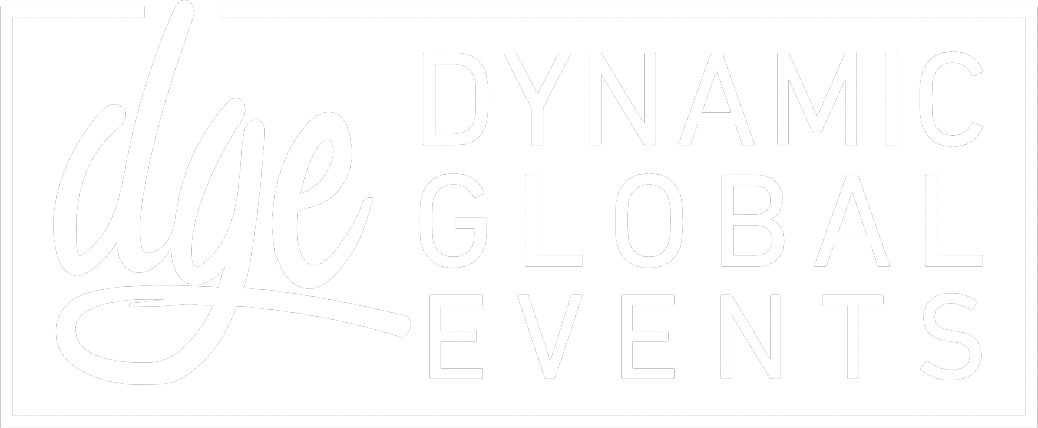Training and continuing education are paramount to optimizing clinical trials’ quality. Regulatory agencies, ethics committees, companies, and CROs are increasingly concerned with improving their processes and increasing their quality. Having qualified personnel who can act quickly and proactively, while being able to make decisions with the necessary autonomy and knowledge of each process involved can better position the region. But what can we do to achieve such excellence?
- Discuss the humanization of clinical trials
- Optimize the quality of research protocols
- Strengthen human resources to overcome challenges
- Discover new ways to source quality research
All stakeholders in Latin America’s emerging economies need to learn to become more competitive. Getting studies to the next level requires a clearer view of the impact of published articles and the proportion of submissions that are actually accepted by major journals. If the publication landscape isn’t where researchers need it to be, what alternatives can we propose?
- Build facility relationships that emphasize innovative technology
- Map out how changes in Phase-I trials will impact phases II and III
- Aim towards better publication outcomes – and learn how to compensate
Incorporating perspectives and needs of patients and advocates into each stage of drug development can ensure programs meet the community’s needs. Your team must be able to clearly demonstrate the value of patient input, and focus their patient engagement strategy around gathering more.
- Create open channels that offer a mix of synchronous and asynchronous engagement
- Proactively address hurdles and engage routinely and conveniently
- Segment participants to help you develop better messaging and influence their journey
- Close the loop by communicating the results back to patients and stakeholders
Outsourcing clinical trials to developing regions has been appealing for pharma companies to reduce costs. With successful trials having been conducted for decades, Latin America is recognized for its potential and has seen the highest growth rates in clinical trials among all emerging markets. But what are the benefits and potential pitfalls of running outsourcing trials in Latin America?
- Identify the most critical challenges in outsourced trials
- Examine problems in time and costs that have previously been overlooked
- Learn from prior common setbacks
Colombia currently poses as one of the greatest hot spots for running studies and clinical trials. With an increasing GDP and greater infrastructure, it offers an ideal landscape for optimal clinical research. Hear about successful research and the process of containing HIV/AIDS infection outbreaks.
Gains in patient engagement require a deeper involvement in local communities, which is often left out of these conversations. Sponsors that lean more towards technology-centric approaches to patient engagement and recruitment often find themselves disappointed in the results.
- Reflect on successes after working at site level to recruit diverse populations
- Outline new ideas for sponsors, CROs, and other vendors when working with sites on recruitment
- Move the conversation to new areas the industry should support
National Regulatory Authorities (NRAs) have been making progress on new regulatory guidelines – but what is just proposed and what actually has a chance of passage? Gain updates on advancements made on local, regional, and global projects and priorities that will affect the Latin American regulatory landscape.
- Gain insights on current NRA projects and progress
- Pinpoint NRAs priorities for 2023 moving forward
- Discover how current projects will impact the research space
Regional and international agencies are working towards aligned and transparent interchanges, for greater regulatory and procedural efficiency. What do you need to know about the regulatory landscape to make these interchanges work?
- Identify multi-regional collaboration trends and ways to participate
- Create trust through convergence and alignment with stakeholders
- Tackle complexity and diversity in international regulatory requirements
- Prioritize data quality and integrity during regulatory preparation and submissions
Latin America and the Caribbean comprise over 665 million inhabitants throughout 33 different countries, and each country has different regulatory frameworks. Hear practical strategies on how to effectively navigate across different regulatory frameworks and key insights to consider.
- Learn why clustering countries is a must
- Discover recent efforts to ramp up local production and change the regional profile
- Identify current barriers and hurdles pressing the more developed countries
- Explore ongoing post-pandemic incentives in less developed nations
Latin America and the Caribbean have recently grown more involved in clinical cancer research, but the regional gap is still substantial – the U.S. and Europe conduct 81% of total ongoing cancer trials, whereas Latin America participates in only 5%. But due to population growth, by 2030 the majority of annual cancer diagnoses will occur in low-and-middle-income countries (LMICs) such as those in Latin America. How can you put the necessary frameworks in place now?
- Hear why now is the time to create local innovative projects and co-develop trials
- Clarify which policies will be best for improving investment and trial access
- Identify hurdles and overcome current challenges in clinical oncology trials
Timelines for approval often result in long waiting times that may hinder entire studies. Tackle discrepancies with protocol submissions, the lack of harmonization in regulations, and the absence of knowledge of the entire regulatory framework. Understand how preparing in advance and understanding each framework before considering protocol submission can help you gain approval.
- Hold the necessary early discussions
- Build strict and consistent timelines and processes
- Create awareness among U.S. and E.U. organizations about diverse regulatory settings
- Learn how a KOL can expedite your study















